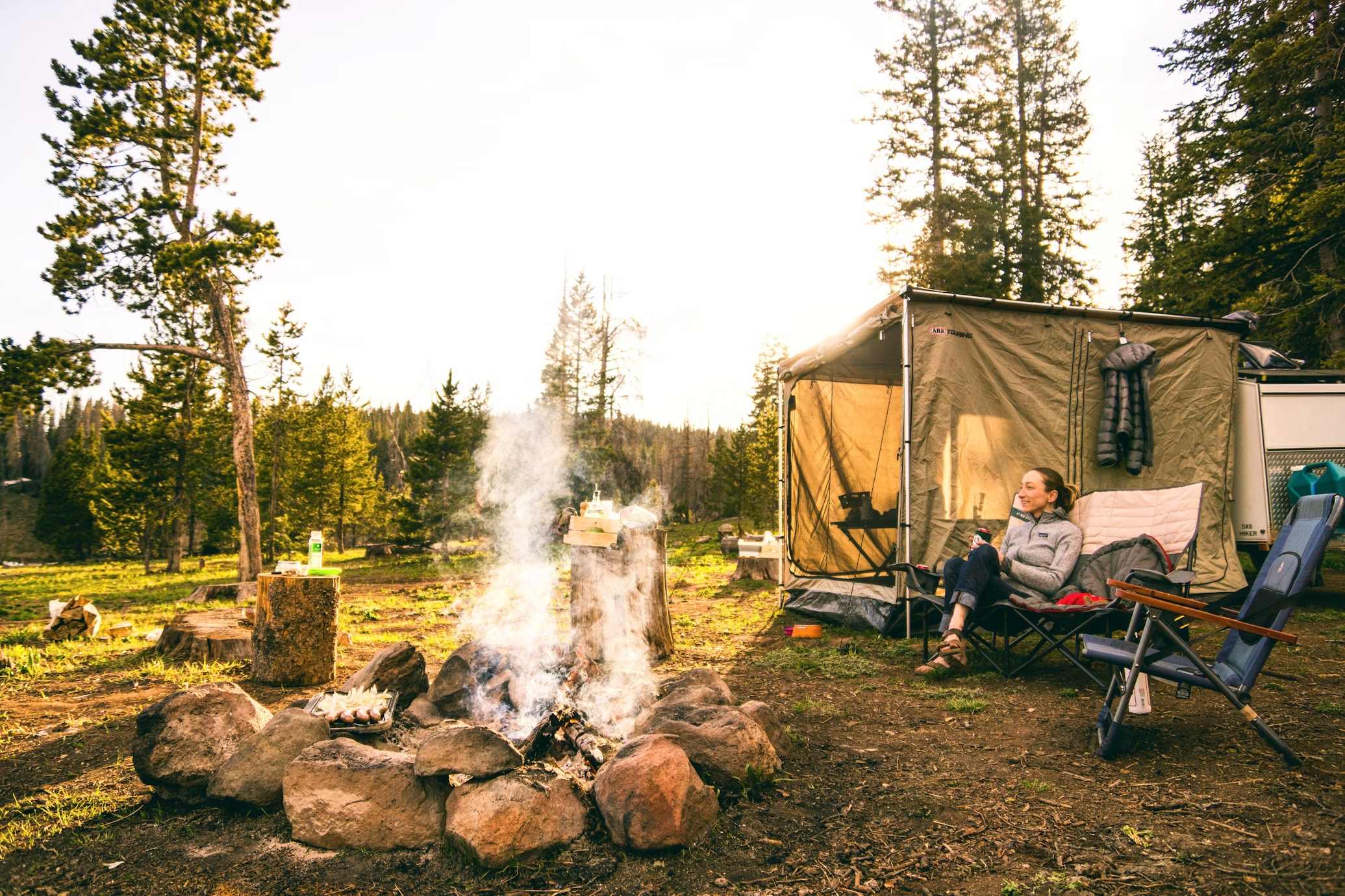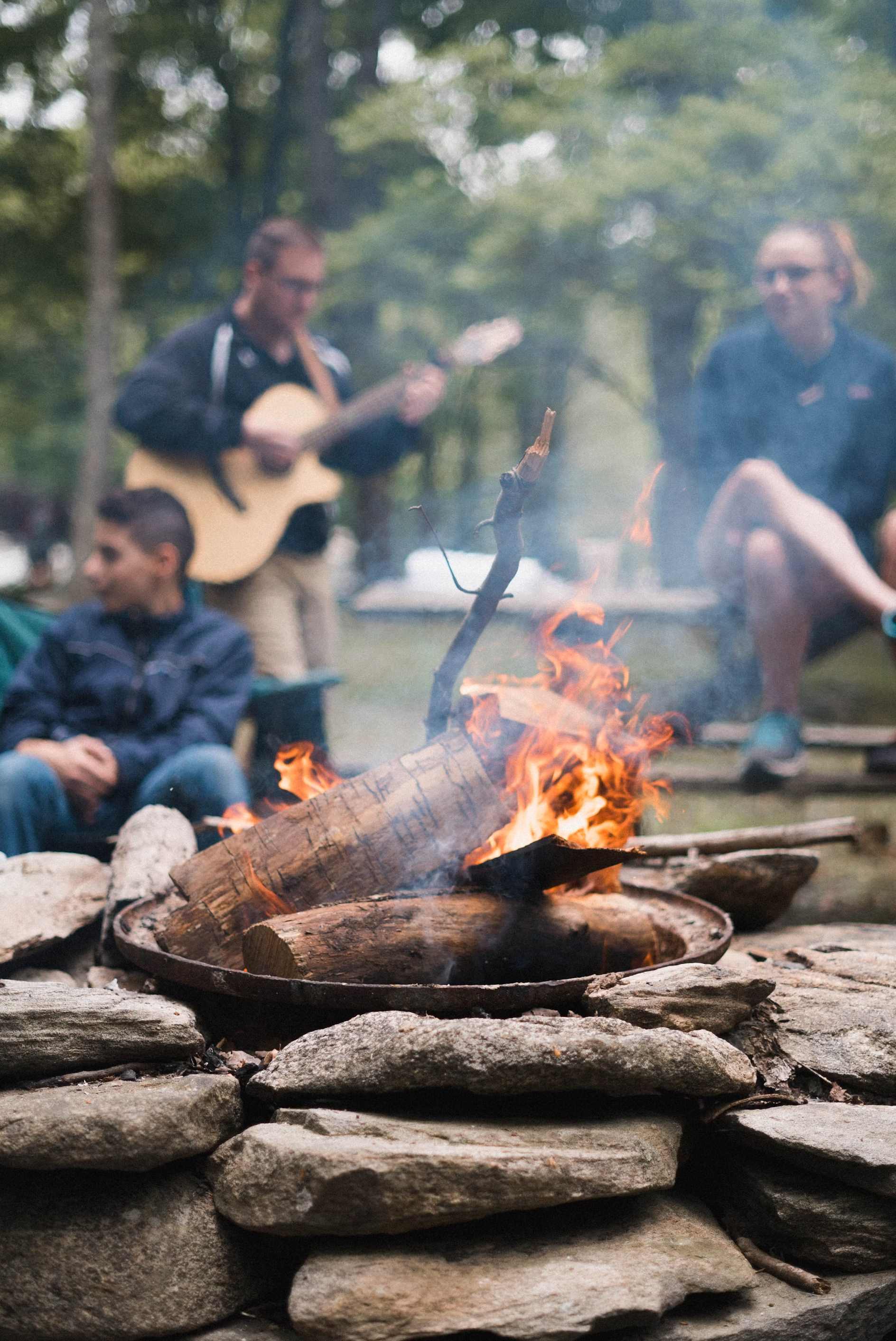Adventure Learning: Educational Outdoor Programs for Students in the Upper Peninsula

The rugged beauty and untamed wilderness of Michigan's Upper Peninsula offer an ideal setting for educational experiences that extend beyond the traditional classroom. Adventure learning programs in this region harness the natural environment to provide students with unique, immersive educational opportunities that are both engaging and instructive. These programs, ranging from wilderness exploration to environmental science, not only deepen students' understanding of the subject matter but also foster a connection with nature and local culture.
The Value of Adventure Learning
Adventure learning is an educational approach that combines physical activities with academic learning through direct experiences in nature. This method is especially relevant in areas like the Upper Peninsula, where the diverse ecosystems and historical sites provide rich resources for experiential learning. The benefits for students are manifold; they gain hands-on experience, develop critical thinking skills, and enhance their ability to collaborate with peers. Moreover, adventure learning programs encourage physical fitness and emotional resilience, making education a holistic process. For students or educators looking for tailored educational content to complement such experiences, utilizing a custom research paper service can be an invaluable resource. These services offer personalized support that can enhance the learning outcomes of outdoor educational activities and provide detailed insights into specific environmental or cultural studies.

Key Outdoor Educational Programs in the Upper Peninsula
The Upper Peninsula of Michigan is a treasure trove of natural landscapes, making it an ideal setting for a variety of outdoor educational programs that cater to diverse interests and academic needs. From the shores of Lake Superior to the dense forests and wetlands, these programs leverage the rich ecological and cultural resources of the region to offer students experiential learning opportunities that are as enriching as they are educational. Whether exploring the wilderness, delving into environmental science, or uncovering the area's rich cultural heritage, each program is designed to enhance students' understanding of the world around them while fostering a deep connection with nature.Wilderness Exploration Programs
In the Upper Peninsula, wilderness exploration programs take full advantage of the region's expansive forests and numerous water bodies. Students can engage in activities such as hiking, canoeing, and wildlife observation, which teach survival skills and environmental stewardship. These programs often include lessons on local flora and fauna, as well as training in navigational skills using both traditional compasses and modern GPS technology.Environmental Science and Conservation Programs
Environmental science programs in the Upper Peninsula focus on understanding and preserving the natural habitats found within the region. Students might study forest ecology, participate in water quality assessments of the Great Lakes shores, or engage in restoration projects for native plant species. These programs aim to instill a sense of responsibility towards environmental conservation and provide students with the scientific tools needed for their future careers in environmental sciences.Cultural and Historical Outdoor Programs
The rich history of the Upper Peninsula, from Native American heritage to the mining booms of the 19th century, provides a perfect backdrop for cultural and historical education. Outdoor programs might include archaeological digs, visits to historical sites, or interactive reenactments. These experiences allow students to connect with the past in a meaningful way, understanding the historical dynamics that have shaped the local communities and landscapes.Practical Information for Students
As students prepare to embark on their adventure learning journeys in the Upper Peninsula, it is essential to consider practical aspects that will enhance their experience and ensure safety. This section provides crucial information on program accessibility, costs, necessary preparations, and tips for integrating these unique learning experiences with academic goals. Whether you are gearing up for a physically demanding wilderness exploration or a detailed scientific study, understanding these elements will help you make the most of your educational adventure and achieve a seamless blend of practical learning and academic achievement.Program Accessibility and Costs
Adventure learning programs in the Upper Peninsula vary widely in accessibility and cost, catering to different educational levels and financial situations. Many programs offer scholarships or sliding scale fees to ensure that all students have the opportunity to participate. Schools and non-profit organizations frequently collaborate to subsidize costs, making these invaluable learning experiences more accessible. Detailed information about program fees, eligibility criteria, and application processes can typically be found on the respective websites or through direct inquiries to the program coordinators.Preparing for Outdoor Learning
Before embarking on an outdoor educational adventure, students must prepare adequately to ensure safety and maximize their learning potential. Essential gear includes appropriate clothing for variable weather conditions, sturdy footwear, water bottles, and, depending on the program's nature, specialized equipment like binoculars or scientific tools. Safety tips, such as understanding basic first aid, weather awareness, and wildlife precautions, are crucial and often covered during orientation sessions. For students looking to document and reflect on their academic experiences, engaging with an online paper writing service can be beneficial. These services can assist in preparing reflective essays or reports that are structured and insightful, enhancing the educational value of the adventure.Integrating Adventure Learning with Academic Goals
Integrating adventure learning programs with academic goals can enrich the curriculum, making learning vivid and directly applicable to real-world scenarios. Teachers and program leaders often work together to align these outdoor activities with the school's curriculum, enhancing core academic skills such as science, history, and literature through practical application. For instance, a student studying environmental science can conduct field research during a conservation program, later compiling their findings with the help of a research paper writer to produce a comprehensive report that may contribute to their coursework or advanced studies.Testimonials and Success Stories
Student experiences and testimonials often highlight the transformative impact of adventure learning programs. For example, one high school student recounted their participation in a wilderness exploration program, describing how the challenging yet rewarding experiences taught them about personal resilience and environmental responsibility. Another testimonial from a college student who engaged in an environmental science program illustrates how hands-on field work solidified their decision to pursue a career in ecological research.Program directors also share success stories, such as graduates from their programs who have gone on to lead environmental initiatives or participate in advanced research projects. These stories not only serve as inspiration for prospective students but also underscore the practical benefits and long-term impact of integrating experiential learning with formal education.
Conclusion
Adventure learning in Michigan's Upper Peninsula exemplifies how educational landscapes are evolving to meet the needs of modern students and a changing world. These programs not only provide immediate benefits such as increased engagement and practical skills but also instill a lifelong appreciation for learning and curiosity. As educational methods continue to evolve, the incorporation of real-world experiences into traditional learning frameworks appears not only beneficial but essential.For those inspired by adventure learning to explore academic topics in greater depth, a research paper writing service can provide the necessary support to delve deeper into the subject matter explored during outdoor adventures. Whether it's crafting a detailed research paper or compiling a portfolio of learning experiences, these services can enhance students' educational outcomes by providing expert guidance and specialized knowledge in a wide range of academic fields.